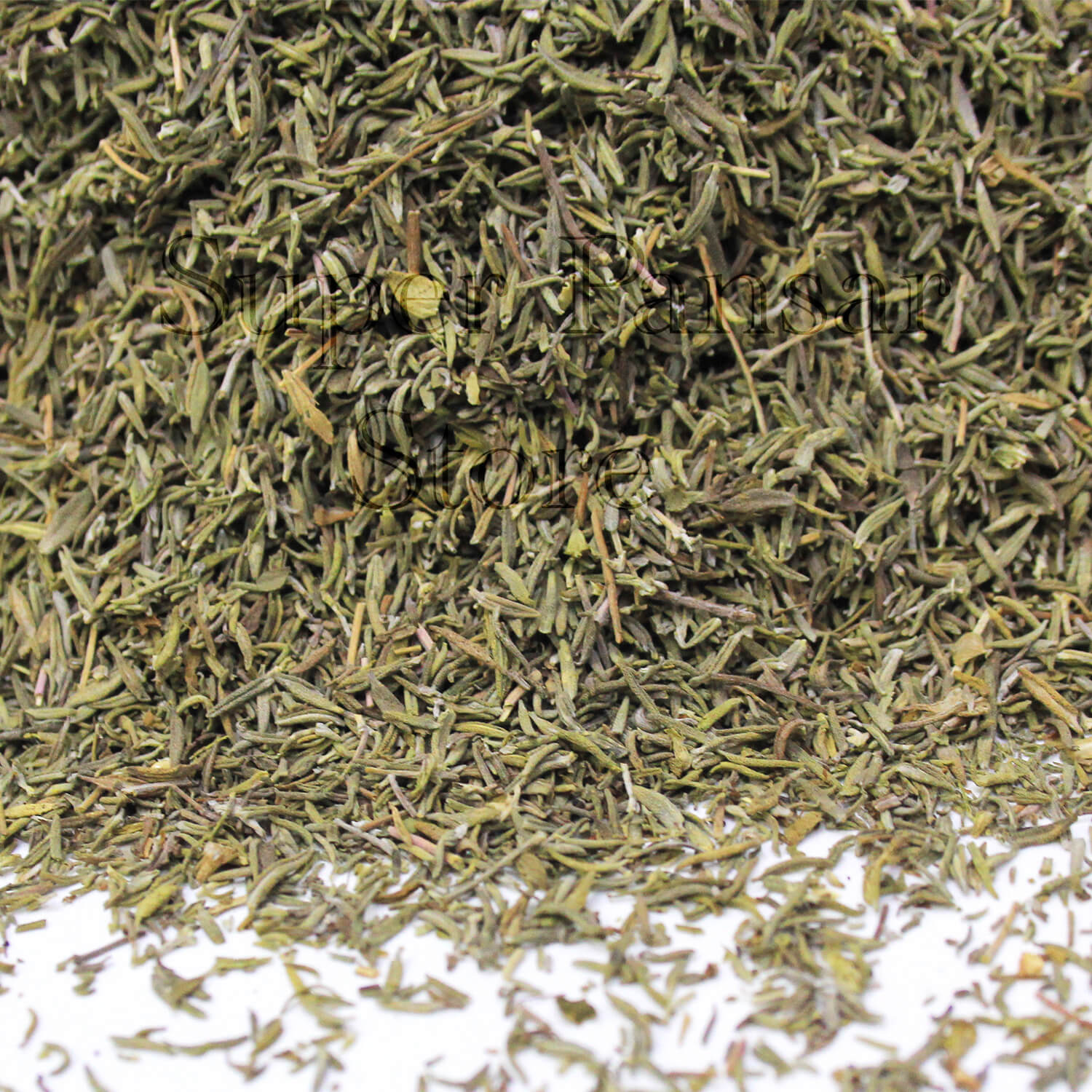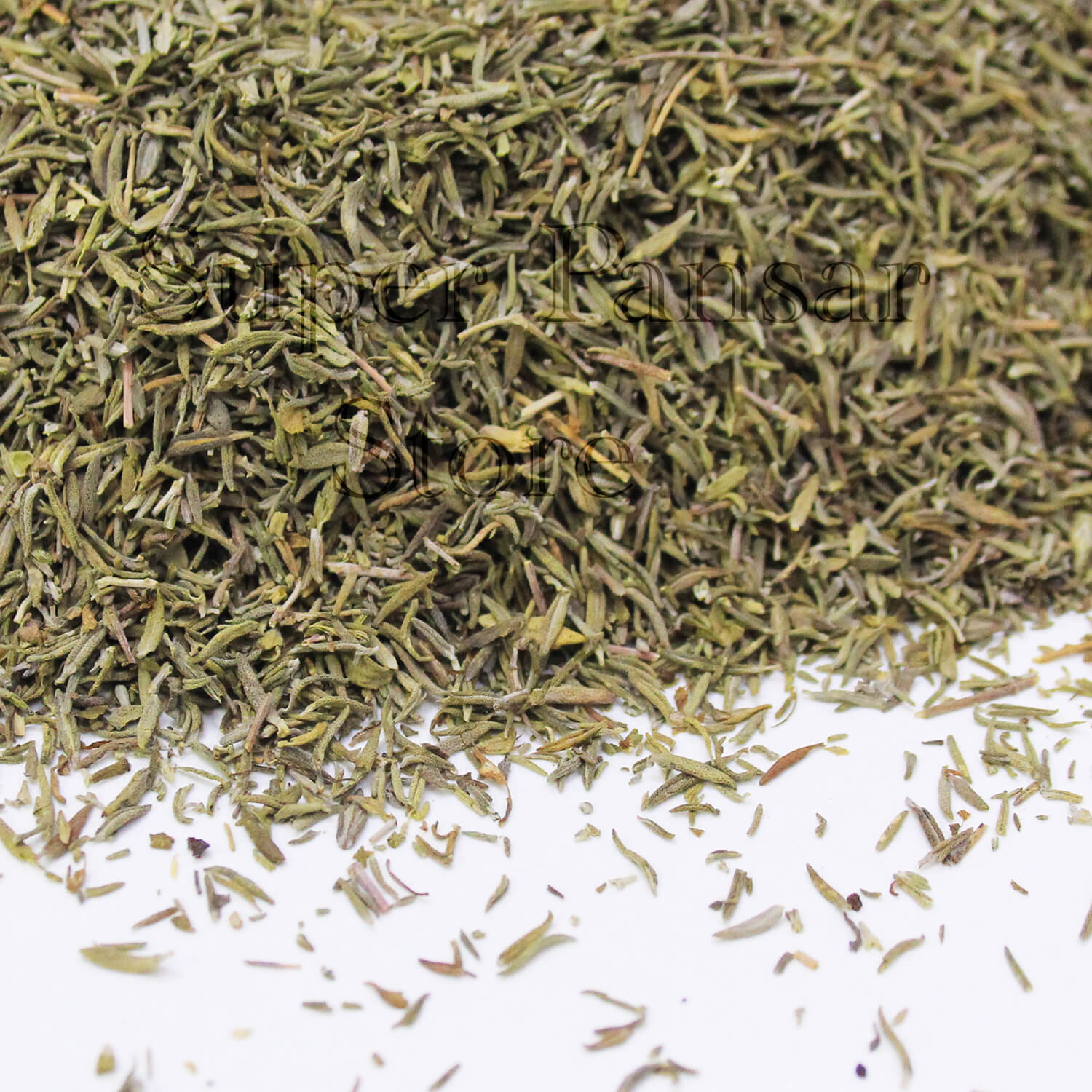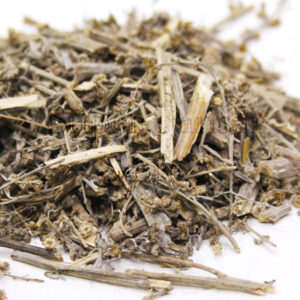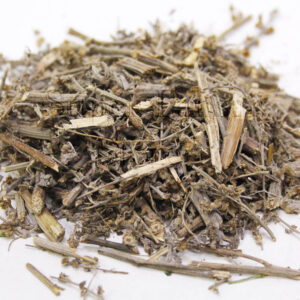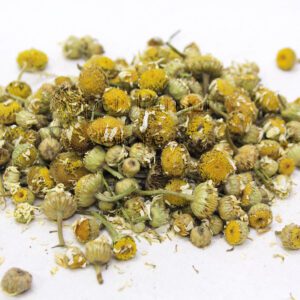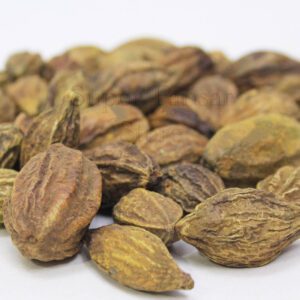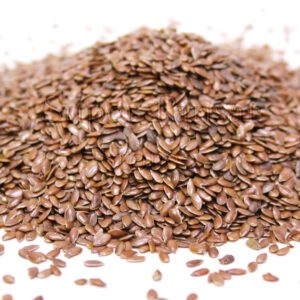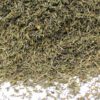No products in the cart.
₨ 250 – ₨ 3,050Price range: ₨ 250 through ₨ 3,050
Super Thyme: The Fragrant Herb of Depth and Versatility
Thyme (Thymus vulgaris) is a robust, aromatic herb that has been cherished for centuries, both in cooking and in traditional medicine. Known for its small, green leaves and strong, earthy fragrance, thyme is a member of the mint family and is native to the Mediterranean region. Its flavor is warm, slightly minty, and peppery, with hints of lemon and earthy undertones, making it a perfect complement to a wide range of dishes, from meats and vegetables to soups, stews, and sauces.
- Premium Quality
- Fresh
- Organic
- Safely processed and packed
SKU:
N/A
Categories: Herbs, Leaves, Spices
Tags: ajwain k patte, ajwain ke patte, Apiaceae, Apium graveolens, barg e ajwain, benefits, fresh thyme, Gul Ajwain, gul e ajwain, Health Benefits, herbal, herbs, herbs wholesale, Natural Herbs, Online Shop, super pansar, Suppliers, thime, Thyme, thyme benefits, thyme buy online, thyme buy online in pakistan, thyme leaves, thyme leaves online in pakistan, thyme online buy, thyme online in pakistan, thyme overview, thyme uses, Urdu name, Wholesale Prices, تھائم, زعتر, گل اجوائن, अजवायन के फूल
Overview
Thymus vulgaris is a gramineous plant that grows widely in southern Europe.
This plant is called thyme.
The plant is indigenous to the Mediterranean and neighboring countries, Northern Africa, and parts of Asia.
In Africa, the plant has been cultivated in Egypt, Morocco, Algeria, Tunisia and Libya.
People have used thyme for centuries for both culinary and medicinal purposes.
These compounds contribute to its potential health benefits.
Here are some of the potential benefits of thyme:
Benefits
Antioxidant Properties:
Thyme contains antioxidants, including flavonoids and polyphenols, which may help neutralize free radicals and protect cells from oxidative stress.
Anti-Inflammatory Effects:
Thyme has anti-inflammatory properties that may be beneficial for conditions related to inflammation, such as arthritis or respiratory issues.
Respiratory Health:
People have traditionally used thyme to support respiratory health.
It may help alleviate symptoms of coughs, bronchitis, and congestion.
Antimicrobial and Antibacterial Properties:
Thyme contains compounds like thymol that have antimicrobial and antibacterial properties.
Natural remedies use thyme oil for its potential antibacterial effects.
Digestive Health:
Thyme may help with digestive issues, and it is sometimes used to relieve indigestion and bloating.
Immune System Support:
The antioxidants and other compounds in thyme may contribute to immune system support by helping the body combat infections.
Cognitive Function:
Some studies suggest that thyme may have neuroprotective effects and could potentially support cognitive function.
Uses
Flavoring Agent:
People use thyme in cooking because of its aromatic and earthy flavor.
People use it to season dishes, including soups, stews, sauces, and roasted meats.
Herb Blends:
Herb blends like herbes de Provence often include thyme, providing a distinctive flavor to Mediterranean and French cuisines.
Infusions and Marinades:
You can infuse liquids like olive oil or vinegar with thyme, adding its flavor to dressings and marinades.

